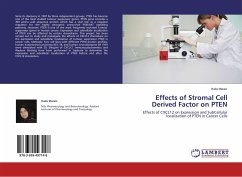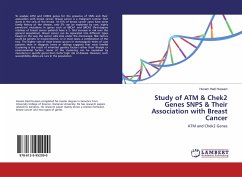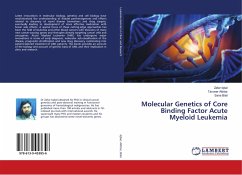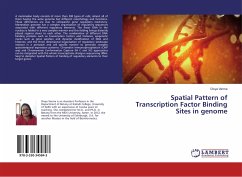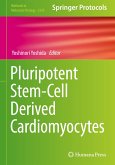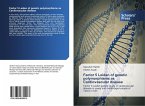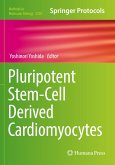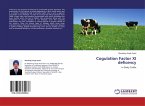Since its discovery in 1997 by three independent groups, PTEN has become one of the most studied tumour suppressor genes. PTEN gene encodes a 403 amino acid sequence protein which has a vital role as a negative regulator for the highly oncogenic prosurvival PI3K/AKT signalling pathway. However, PTEN is one of the most frequently mutated tumour suppressor genes in human cancer. Expression and subcellular localization of PTEN can be affected by certain chemokines. This project has been carried out to study and investigate the effects of CXCL12 chemokine on the expression and subcellular localization of tumour suppressor PTEN in cancer cells. Methods: Two cell lines with different PTEN protein profiles; human endometrial carcinoma HEC 1B, and human neuroblastoma SH SY5Y were stimulated with 20, 50ng/ml of CXCL12. Immunocytochemistry and Western blotting have been performed in triplicate to determine the expression and subcellular localization of PTEN before and after the CXCL12 stimulation.

